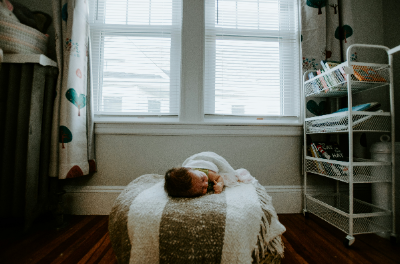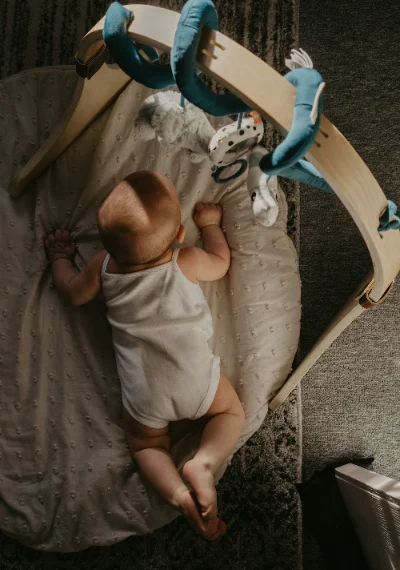Infant sleep patterns are a topic of much interest and debate among parents and experts alike. Understanding the science behind why babies sleep the way they do can help caregivers navigate the often challenging world of infant sleep. In this article, we will delve into the intricacies of infant sleep patterns, exploring the factors that influence them and offering tips for promoting healthy sleep habits in your little one.
What Are Normal Infant Sleep Patterns?
Infant sleep patterns can vary greatly from one baby to another. However, there are some general guidelines that can help parents understand what to expect. Newborns typically sleep for 16-17 hours a day, waking up every 2-3 hours to feed. As babies grow, they will gradually start sleeping for longer stretches at night, eventually reaching a more consolidated sleep pattern by around 6 months of age.
Factors Influencing Infant Sleep Patterns
There are several factors that can influence a baby’s sleep patterns, including:
- Age: Younger babies have shorter sleep cycles and may wake more frequently during the night.
- Developmental stage: Babies go through rapid developmental changes that can affect their sleep patterns.
- Feeding habits: Hunger can wake a baby up during the night, especially in the early months.
- Environment: Noise, light, and temperature can all impact a baby’s ability to sleep well.
Tips for Promoting Healthy Sleep Habits

While every baby is different, there are some general tips that can help promote healthy sleep habits in infants:
- Establish a bedtime routine: A consistent bedtime routine can help signal to your baby that it’s time to sleep.
- Create a sleep-friendly environment: Keep the room dark, quiet, and at a comfortable temperature for optimal sleep.
- Encourage self-soothing: Teach your baby to self-soothe by allowing them to fall asleep on their own.
- Monitor sleep cues: Learn to recognize your baby’s sleep cues so you can put them down for a nap before they become overtired.
Common Questions About Infant Sleep

As a parent, you may have many questions about your baby’s sleep. Here are some common questions and answers to help you navigate the world of infant sleep:
How much sleep does my baby need?
Most newborns need 16-17 hours of sleep a day, while older babies typically need 12-15 hours of sleep.
Why does my baby wake up at night?
Babies wake up at night for many reasons, including hunger, discomfort, and developmental changes.
Should I let my baby cry it out?
There is no one-size-fits-all answer to this question. Some parents choose to let their babies cry it out, while others prefer gentler sleep training methods.
When should my baby start sleeping through the night?
Most babies start sleeping through the night by 6 months of age, but every baby is different.
Is it safe to bed-share with my baby?
Bed-sharing is a controversial topic, with experts recommending against it due to the risk of SIDS. If you choose to bed-share, take precautions to reduce the risk.
Conclusion
Understanding infant sleep patterns and the factors that influence them can help parents navigate the often challenging world of infant sleep. By following some simple tips and being aware of common questions and concerns, caregivers can promote healthy sleep habits in their little ones and ensure everyone gets a good night’s rest.
Remember, every baby is unique, and what works for one may not work for another. Be patient, flexible, and open to trying different strategies until you find what works best for your family. Sweet dreams!


































